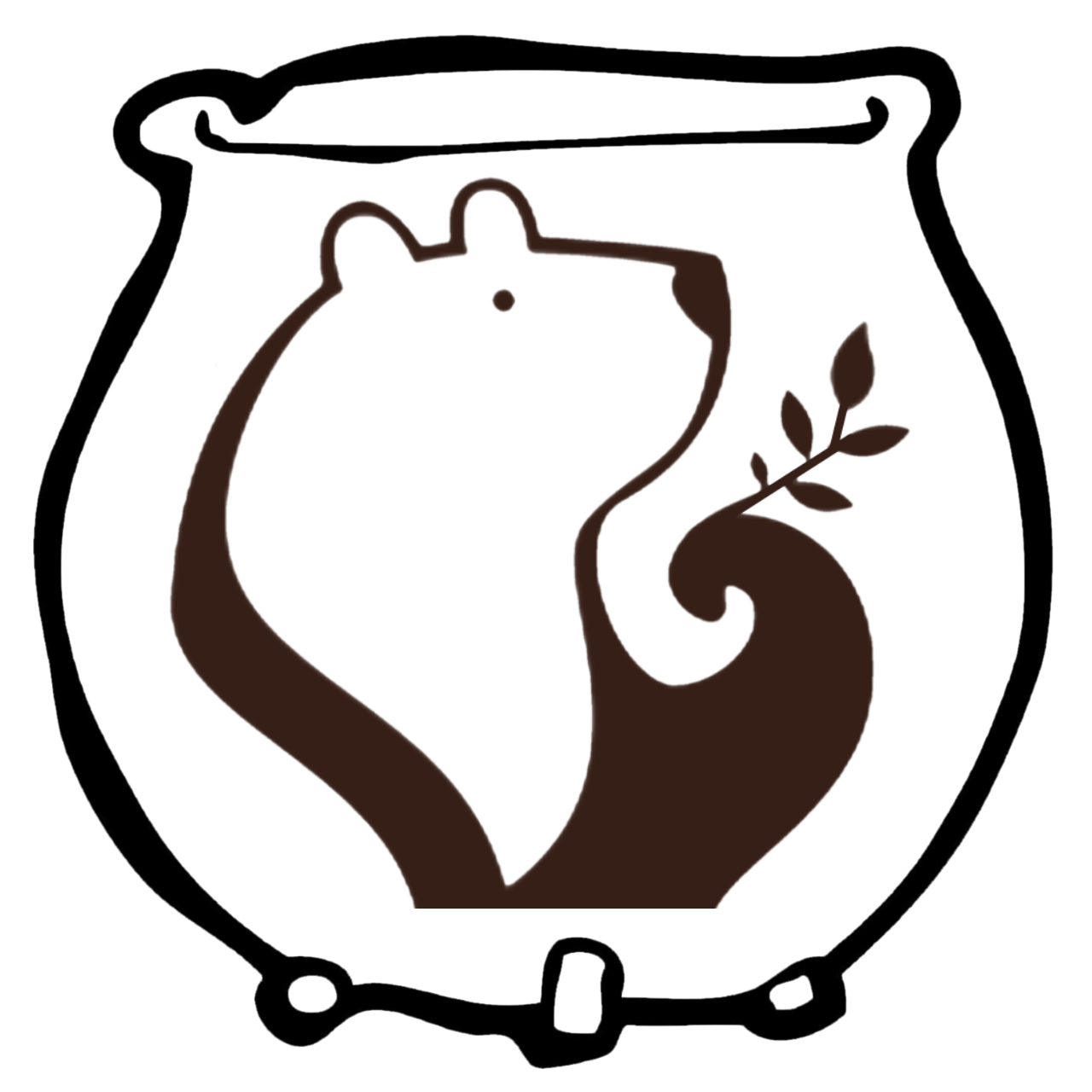Chamomile
The Ground Apple
“Content thee so,
and ease thy smart.”
With that she slept again,
my heart,
And I admired
and took my part
With crowds of happy things
the while:
With open velvet butterflies
That swung and spread
their peacock eyes,
As if they cared
no more to rise
From off their beds
of chamomile.
Chamomile is full of innocence and courage. An ancient flower, he has influenced cultures worldwide. He is beautiful, powerful medicine, and potent magic. His bright yellow center reflects the shining sun while his white florets mirror the luminous moon. Around here he grows as a delightful weed, filling in disturbed soil and peaking out of the local woodlands. He brings energy and light to adversity. I am reminded that although his kind of optimism and innocence are often discounted, his calming strength will see me through a wide array of difficulties.
The Magic of Chamomile
Correspondences
Element: Water
Gender: Masculine
Sabbat: Litha
Planet: Sun
Chakra: Solar Plexus, Throat
Spellwork
Luck
Clean
Calm
Prosper
Purify
Proverb
British: Like a chamomile bed, the more it is trodden, the more it will spread.
The Medicine of Chamomile
Ayurvedic
Not Applicable
Herbology
Nervine
Carminative
Anti-spasmodic
Anti-inflammatory
Bitter
Vulnerary
Anti-microbial
Antidepressant
Anxiolytic
Infusion: 2-3 teaspoons dried herb steeped for 10 minutes
TCM
Not Applicable
Science of Chamomile
Botany
Botanical Name: Matricaria chamomilla
Family: Asteraceae (Aster Family)
Type of Plant: Annual
Habitat: Well-drained soil, Sun
Zone: 2-8
Bloom Time: June – August
Height: 1-2 feet
Spread: 1 foot
Propagation: Seed
Harvest: After dew dried on the flowers
Part Used: Flower
Constituents: Coumarins, Flavonoids, Glycosides, Terpenes, Tannins, Quercetin
Native Region: Europe
Sustainability: Good
Leaf
Structure: Compound branched
Arrangement: Alternate
Shape: Linear bi/tri pinnate
Length: 1-2 inches
Margins: Entire
Surface: Smooth
Flower
Inflorescence: Compound
Sexuality: Perfect
Stamen: Fused forming a tube
Petals: Ray florets
Color: White, Yellow
Size: less than 1 inch
Sacred Story
The Lacnunga (“remedies”) is part of a collected manuscript dating back to the 10-11th century. Containing roughly 200 medicinal treatments, it gives us a glimpse into early medieval thoughts on disease and healing. One of the most famous of these is titled the “Nine Herbs Prayer.” One of the plants found in this and other early herbals is our beloved Chamomile.
“Remember, Chamomile, what you made known,
at Alorford when wars were won,
that a man shall never to illness fall
with Chamomile in his protocol.”




